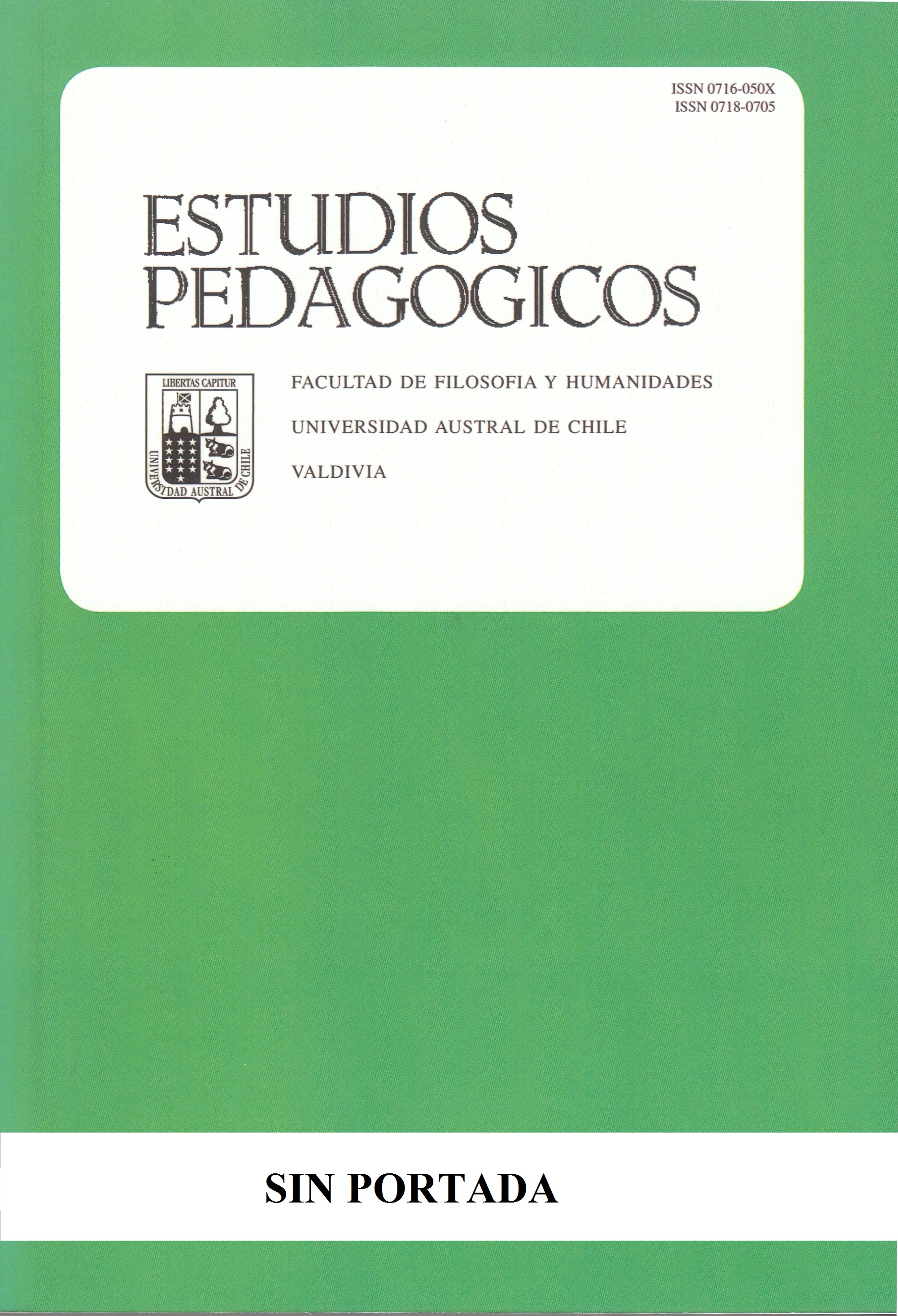Cultural-contextual triad: An opportunity to ensure cultural relevance in the implementation of intercultural education
Main Article Content
Abstract
Based on research results, our goal is to make a contribution to the enhancement of the implementation of intercultural education in Chile. Particularly regarding to its cultural pertinence, an issue that has been repeatedly doomed insufficient by national and international reports, the available research, and, especially, by the Mapuche people. The incorporation of indigenous languages as a curricular requirement for those schools with a high quantity of indigenous students has made up a new scenario, incorporating new actors and new (expected) classroom dynamics. In this context, this paper explores the potentialities contained in the roles of those who make up what we call cultural-contextual triad –teacher, cultural educator, and Mapuche parents-, which we believe could become a nodal point for generating the changes needed in order to reduce implementation gaps, and ensuring effective participation of those who are at the same time beneficiaries and responsible for executing intercultural policy within our country.

